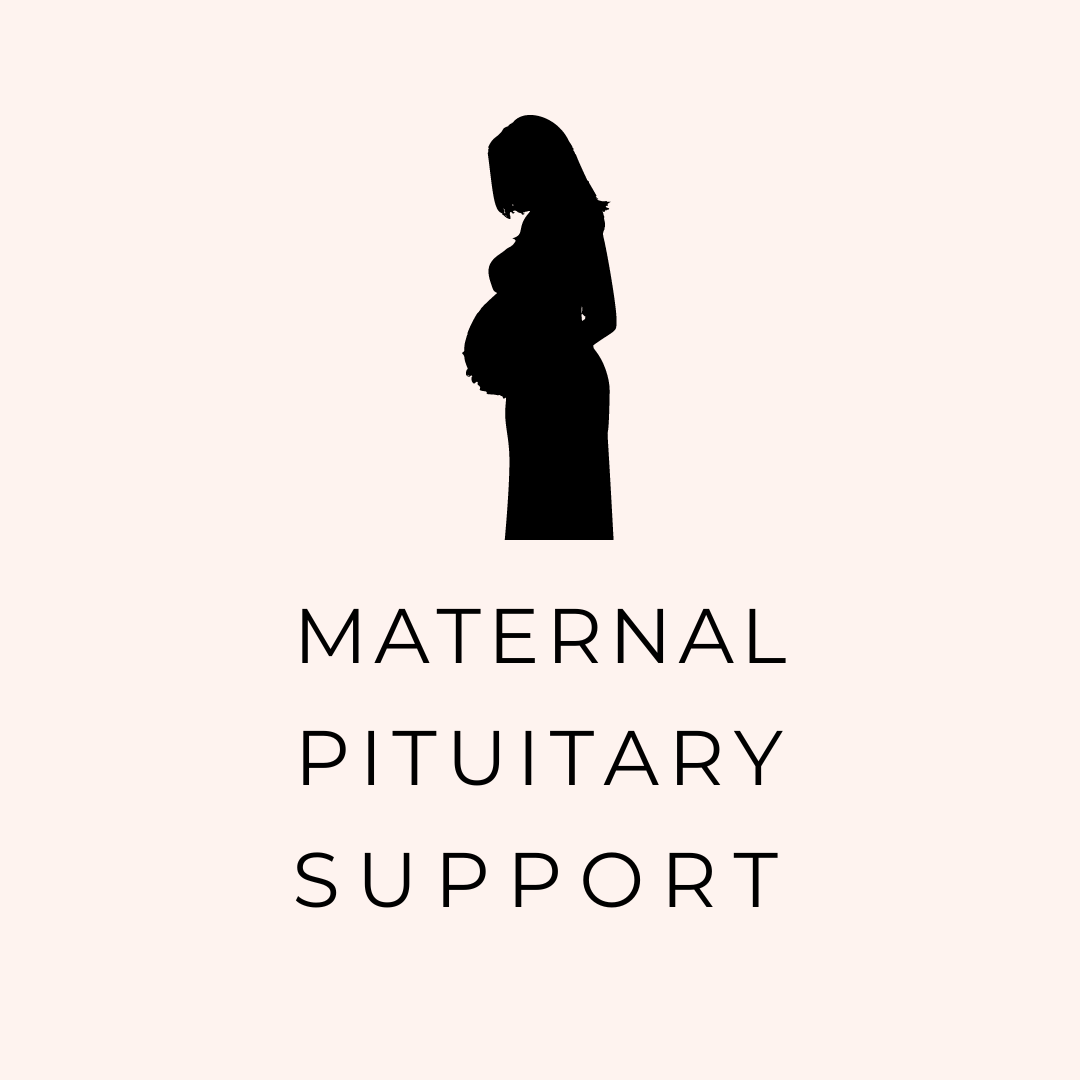Q&A with The King’s College Hospital Endocrine Nurses
Q&A with The King’s College Hospital Endocrine Nurses
Q: What is the role of an endocrine nurse, and how do you support patients with pituitary conditions?
A: The Endocrine nurses help provide patient education/information and support, long-term hormone monitoring and ensuring patient's understand their care management plan.
Q: How often do you see patients with Sheehan’s Syndrome or a maternal pituitary conditions?
A: We only have very few Sheehan's Syndrome patients, we get to see them when they are referred to us for hormone monitoring. Otherwise, they will be under the Endocrine doctors clinic for management.
Q: At what stage of a patient’s journey do you usually become involved in their care?
A: We are involved once the consultants refer the patient under the nurse-led service to start hormone replacement therapies. Otherwise some Consultants provide our contact details to patient for information and support.
Q: How can patients access endocrine nurse support - is it through referral, clinics, or directly?
A: We unfortunately do not accept self-referals or direct GP referrals. Endocrine Consultants refer patients to us via email, clinic letter or direct verbal discussion in our meetings.
Q: What kinds of issues or concerns do patients typically come to you with?
A: We cater to various endocrine problems such as Cushing's syndrome, Pituitary Adenomas, Acromegaly, Adrenal tumours, Adrenal cancer, and etc. Most patients are worried about symptoms, and treatment plan concerns. They will also contact us regarding blood tests, clinic appointments and to chase for their imaging surveillance.
Q: How do you work alongside endocrinologists, GPs, and other healthcare professionals in supporting patients?
A: We discuss patient cases in the multidisciplinary team meeting along with other healthcare professionals to make an agreed treatment plan. We communicate to the GP any plans that requires their involvement such as any added medications or request for monitoring in the primary care. We also escalate patient concerns to the respective clinicians.
Q: Are endocrine nurses able to help with practical things like medication management, lifestyle advice, or navigating hospital appointments?
A: Yes, the endocrine nurses can help coordinate any endocrine-related queries. With medication management, we help patients understand their medications, monitor side effects, ensure adherence, and may assist with titration or adjustments in collaboration with doctors. With lifestyle advice, we do not have a strict recommendation on diet, exercise, stress management, but we do encourage healthy meals and regular exercise. Hospital appointments requires contacting various hospital departments (radiology) which is separate from our service. Sometimes it is better for the patients to arrange these appointment directly with the department since we will not be able to confirm patient's availability/preferred dates or time.
Q: What’s the best way for patients to prepare before meeting with an endocrine nurse?
A: No preparation is required, but it’s always helpful if you can bring the list of your updated medications.
Q: Do you provide ongoing support or mainly one-off advice at certain points of treatment?
A: We will try our best to cater to any queries in our shared endocrine emails at any point of your care. Depending on how busy we are, we may need to prioritise patients that we see in our clinics.
Q: How do you support women with pituitary conditions, specifically through life stages such as fertility treatment, pregnancy and menopause?
A: We are here to listen and provide information needed, although management plans are usually directed by the doctors, we will help implement any care plan for you. We do not offer fertility treatments for women in our service, usually you will be referred to the fertility team if needed.
Q: What would you like patients to know about making the most of an endocrine nurse’s expertise?
A: Be open and honest about your symptoms, concerns, and how you’re feeling day-to-day. Don’t hesitate to ask questions, no matter how small they may seem. We can help provide education, guidance, and practical advice.
We would like to thank the Endocrine Nurses at King’s College Hospital, London for their time and support of our Maternal Pituitary Awareness Day.

